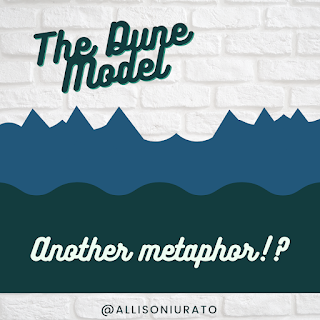Born in the U.S.A.
Tomorrow is July 4th- the holiday celebrating the U.S.'s independence from Great Britain. The Founding Fathers composed one of the most well-known sentences in world history:
We hold these truths to be self-evident, that all men are created equal, that they are endowed by their Creator with certain unalienable Rights, that among these are Life, Liberty and the pursuit of Happiness.
At this point, we could discuss the history thus far which includes domestic and international wars and victories, restriction and grants of human rights and freedoms, financial booms and recessions, exploration and exploitation of land, air, water and space, cultural trends and general influence, and most importantly, the country as a state player in global affairs. The word "exceptional" is normally attached- except it's not an exceptional country. Never was, and never will be. The U.S. may be independent, but it's not stand alone.
Unfortunately, the theories behind exceptionalism are conflated. There is a distinct difference between being grateful and believing in exceptionalism. If asked, most U.S. citizens would claim that they are "proud" because of those words from the Declaration of Independence. We are protected by our Constitution to live freely and as we choose as long as it doesn't infringe on another's liberties. For example, I wouldn't be able to write a blog post such as this in many other countries because it would be considered treason. I am grateful for these freedoms. On the other hand, exceptionalism is just that- the U.S. is unique and (hypothetically) most successful at these core principles. As I generalized above, the U.S. has a history of ups and downs, times that we could be "proud" of and times we would like to erase from the books (or, in some cases, actually erase from the books). Countries cannot be ranked from high to low on any scale, and happiness, prosperity, stress, etc. cannot be measured. (Don't buy into indexes or surveys that claim to measure these factors.)
The idea of exceptionalism is especially problematic because of nationalism. Citizens are convinced that not only is the U.S. the best but so are the people inside the predetermined borders. What about the ones who immigrate here, or perhaps that were born here by undocumented workers, or were trafficked here? How about the ones who aren't "traditional?" Or ones who are just trying to exist day-to-day in whatever way is possible, even if it means being prejudiced against, committing a crime, joining a dangerous group or living in the shadows? Aren't all men (and women, and those who do not identify) created equal?
As for the U.S.'s relationship with other countries, exceptionalism has two conflicting views: it is either something to strive or something to mock. To some, the U.S. still possesses that golden key to freedom from their current hopeless situations. The "American Dream" has a beating heart. To others, the U.S. toots its horn to a bicycle with no wheels. The government is gridlocked on numerous policies, many citizens are anti-government (or just apathetic) and knowledge is questioned; why is there an internal war? If the U.S. cannot unify it's own people, how can it be successful?
Tomorrow, reflect on morality and ethics regardless of whether you're on vacation, shooting fireworks, at a barbecue or working at your job. July 4th is Independence Day for some, but to everyone else, it's just another day.
Freedom March in Philadelphia, PA. January 2017.




Comments
Post a Comment